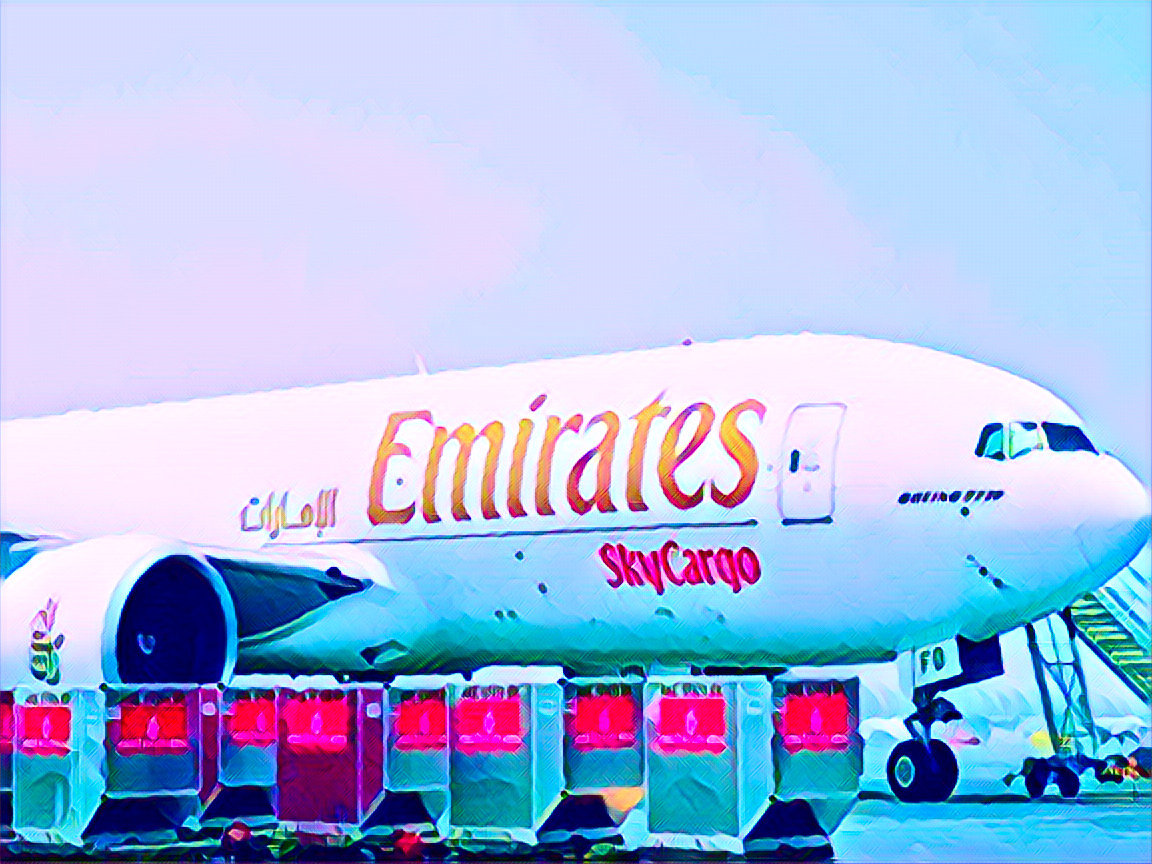KEY POINTS
- Travelling expert warns Nigeria, UAE over fresh airline service deal.
- This paper identified visa restrictions and resultant predatory tendencies as major challenges to the operations of Nigerian airlines in UAE.
- Everyone called for better alliances, mergers and acquisitions among the airlines and for better infrastructure.
The General Secretary of the Aviation Safety Roundtable Initiative (ASRI), Mr Olumide Ohunayo called for caution regarding BASA agreements between Nigeria and the UAE, which he said requires stronger negotiation strategies to avoid more pitfalls.
In an interview, Ohunayo discussed the problems that Nigerian airlines have had in stimulating routes to the UAE even though there have been recent assertions by the Minister of Aviation, Festus Keyamo, that all impediments to new routes have been addressed.
Issues of balancing commitment in cross border air service agreements
Ohunayo has also explained how Nigerian airline, Air Peace, suffered in pursuit of a better flight slots at the Dubai airport. He said that while the UAE awarded Air Peace routes under BASA, the country initially provided Air Peace with worse timings at the Sharjah Airport, and later tried to reduce its access even more. The situation was only improving with the arrival of Nigeria’s former Minister of Aviation, Hadi Sirika to take decisive action.
Regarding, Ohunayo pointed out that it is crucial to make sure that every single agreement is complied with right from the onset saying that “if we designate our flag carrier and activate communication through requisite government agencies, we can secure positive commercial deals.” He also said that the current Minister used experience from previous difficulties for helping to bring back Emirates to Nigeria in accordance with the vision of President Bola Tinubu.
Visitation restrictions affecting Nigeria airline operations
From the aforementioned, Ohunayo pointed out that Nigerian airlines have been deterred by the UAE because of the strict visa policies. He said that the visa restrictions point to the fact that it becomes economically unprofitable to connect specific points due to several factors namely the need to connect passengers beyond Dubai for such operations to be feasible. “The visa policies entice Emirates because it uses the hub-and-spoke system of operation, and advantages the Emirates.” Ohunayo pointed out. He also said that Nigeria would have to enhance airport facilities and investment in the airline industry to have a hub before it challenges Emirates or similar airlines.
To shed more light on Emirates’ previous inability to operate flights devoid of Nigeria, Ohunayo posited that it emanated with negative effects on international flight fares and most especially, the flight revenue of the aviation business. He said although Emirates had withdrawn operations that led to the cutting of competition other malalaries had taken advantage of the slot to hike their fares.
The future plan for Nigerian aviation industry
According to Vanguard, Ohunayo said Nigeria should consider forming relationship with other airline companies, improve airports and gradually develop competitive Nigerian airline industry. He praised Air Peace for its policies to secure the international market, like its latest dealing with Norwegian airlines as a way of mounting pressure on other bigger airlines. He also urged government to combine other state-owned airlines such as Arik Air and Aero to boost the domestic aviation industry in Nigeria.
Their is no doubt that the travel analyst ended the debate by stressing the world of diplomacy and tact in international air transport. “We should possibly look at other successful countries and cultivate themes of partnership, code share and other workable mechanisms that could be put in place in order to foster the development of a huge and muscular airline industry,” Ohunayo said.


